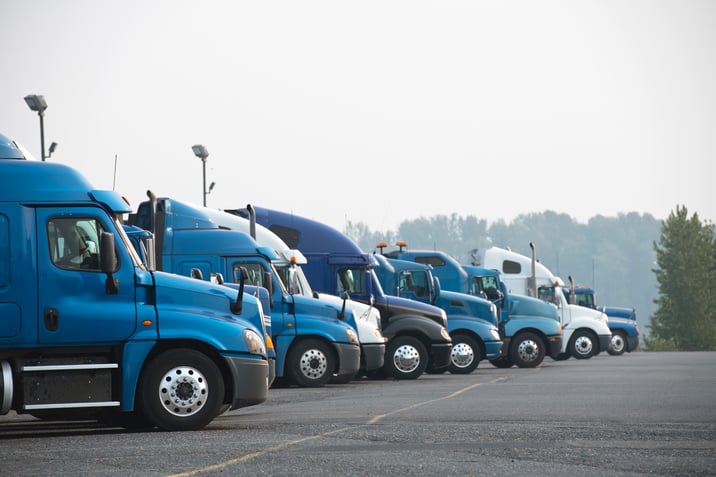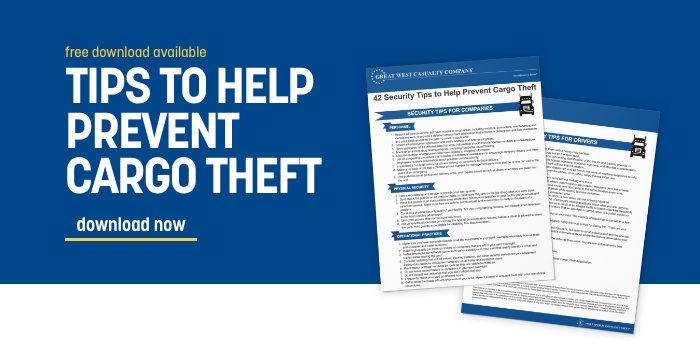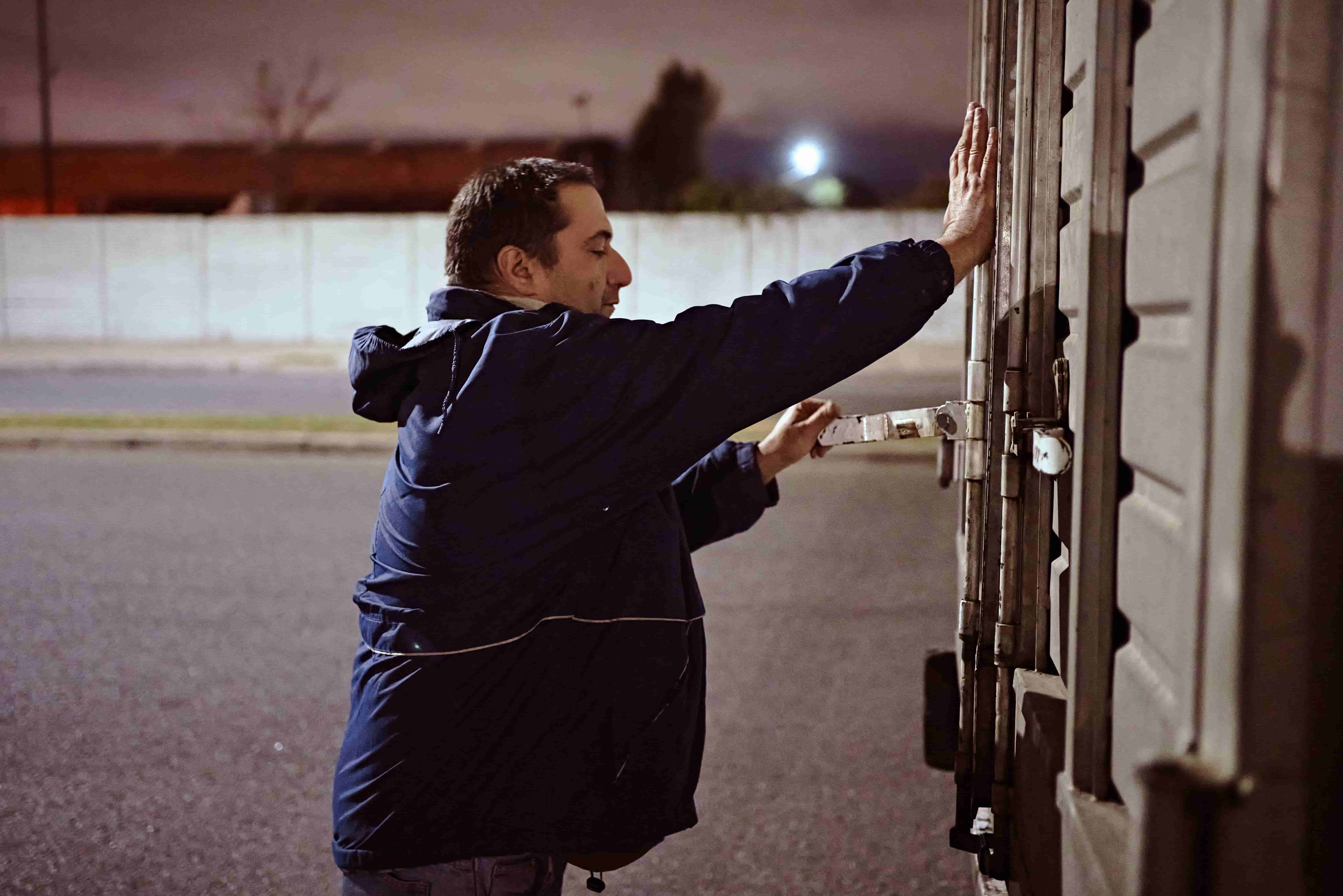Protect Yourself from Thefts and Hijackings

Cargo theft and hijackings are a real danger to drivers. When out on the road, there are safety and security techniques that can help deter would-be hijackers and protect you from harm.
Remember, if you see something, say something. Notify your employer, the shipper/receiver, or local authorities if anything looks out of the ordinary. Read the information below, and determine how you can help prevent cargo theft and protect yourself from would-be thieves.
PRE-TRIP SAFEGUARDS
- Carry a cell phone and vehicle keys with you at all times.
- Keep sensitive information about your equipment and commodities, such as bills of lading, equipment information, container numbers, etc., with you when you are away from the vehicle.
- Carry an emergency telephone number with you at all times.
- Padlock the trailer and container doors.
- Seal the trailer doors and check for tampering at each stop.
SAFEGUARDS WHEN PARKED
![]()
- Park in a secure, well-lit, and crowded parking lot, truck stop, or rest area, when available.
- Carry the keys with you if you leave the truck.
- Turn the vehicle off when unattended.
- If team driving, leave one person with the truck.
- If traveling alone, lock the tractor when the vehicle is unattended.
- Avoid stopping in high-crime or unsafe areas.
- Avoid stopping at the same location every trip.
- Keep tractor windows rolled up until you are on the open road.
- Use a fifth wheel lock if you drop a trailer.
SAFEGUARDS WHILE DRIVING
![]()
- Maintain regular communication with your dispatcher.
- Do not discuss your cargo, route, or destination over the radio or in public areas.
- When possible, vary your route and try to drive directly to your destination.
- Avoid making unnecessary stops, but if you must pull over, find a safe and high-visibility location to discourage thieves who may be following your truck.
- If you are being followed, call 911 or your dispatcher immediately.
- When possible, drive in tandem with another truck to reduce the risk of being hijacked.
- Be suspicious of strangers asking you about your trip or trying to lure you outside (ex. alleging a traffic accident in a truck stop parking lot).
- Be vigilant before and after stopping - hijackings typically occur within a few miles of a stopping point.
SAFEGUARDS WHEN HIJACKED
![]()
- Do as instructed by the hijackers and surrender the vehicle without resistance.
- Call 911 or your dispatcher immediately.
- Try to keep the truck moving.
- Listen to the sounds around you, including the hijacker’s voices, and relay what you hear to the police.
- Visually capture the physical descriptions of the hijackers and their vehicles.
Note: These lists are not intended to be all-inclusive.
The information in this article is provided as a courtesy of Great West Casualty Company and is part of the Value-Driven® Company program. Value-Driven Company was created to help educate and inform insureds so they can make better decisions, build a culture that values safety, and manage risk more effectively. To see what additional resources Great West Casualty Company can provide for its insureds, please contact your safety representative, or click below to find an agent.
© Great West Casualty Company 2019. The material in this publication is the property of Great West Casualty Company unless otherwise noted and may not be reproduced without its written consent by any person other than a current insured of Great West Casualty Company for business purposes. Insured should attribute use as follows: “© Great West Casualty Company 2019. Used with permission by Great West Casualty Company.”
This material is intended to be a broad overview of the subject matter and is provided for informational purposes only. Great West Casualty Company does not provide legal advice to its insureds, nor does it advise insureds on employment-related issues. Therefore, the subject matter is not intended to serve as legal or employment advice for any issue(s) that may arise in the operations of its insureds. Legal advice should always be sought from the insured’s legal counsel. Great West Casualty Company shall have neither liability nor responsibility to any person or entity with respect to any loss, action, or inaction alleged to be caused directly or indirectly as a result of the information contained herein.





